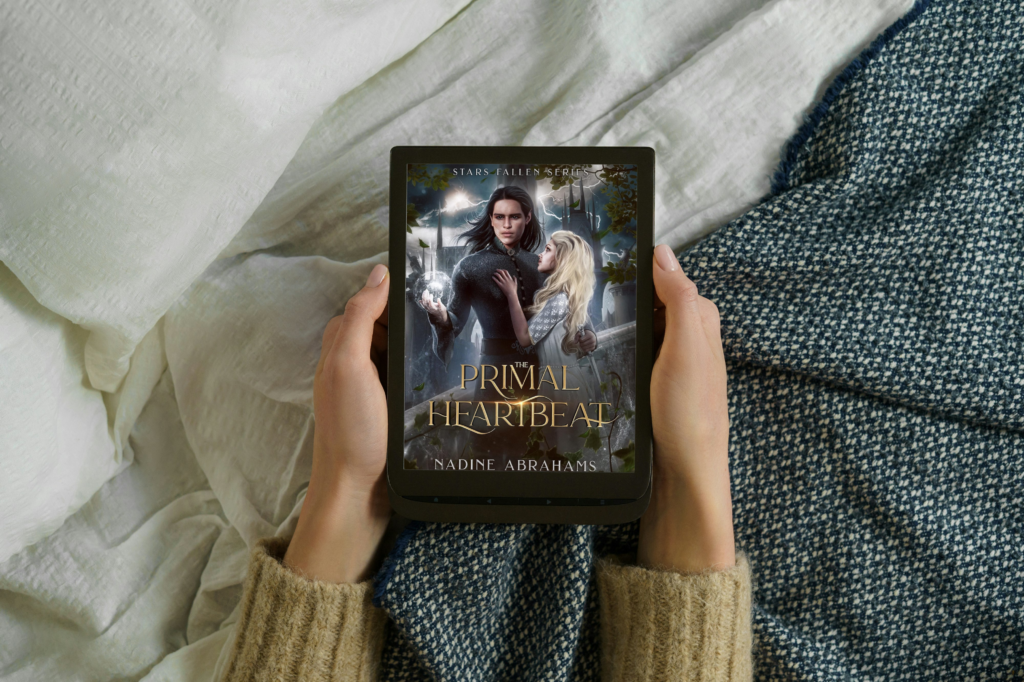You liked the book… but didn’t love it. Is 3-stars the right call? And more importantly—what does it actually mean for the author?
If you’ve ever hovered over the 3-star button, unsure whether it’s a kind middle-ground or a career-ending insult, you’re not alone.
On Goodreads, a 3-star review means “I liked it.” Pretty straightforward. You read it, you enjoyed parts, maybe had some critiques, but overall? A solid experience.
But on Amazon? That same rating can quietly tank an author’s reach—especially indie authors. So, what gives?
Let’s unpack the 3-star dilemma and why it’s not as simple as it seems.
What 3 Stars Actually Means on Goodreads
Goodreads uses a simple, reader-first rating system:
1 star = didn’t like it
2 stars = it was okay
3 stars = liked it
4 stars = really liked it
5 stars = it was amazing
So, if you give a book 3 stars on Goodreads, you’re saying you liked it. Not that it was flawless, but it had enough to keep you going and leave a decent impression. That’s valuable feedback, especially when paired with a written review that outlines what worked and what didn’t.
Plenty of authors agree—3-star reviews can be thoughtful, constructive, and even encouraging. In many cases, they help future readers know what to expect. Nuanced reviews help build trust.
But on Amazon? The Rules Are Different
Here’s the twist: Amazon doesn’t treat 3-star reviews as neutral.
They’re categorized under “critical reviews.” In Amazon’s eyes, anything under 4 stars is flagged as negative feedback—and that matters for the algorithm.
That means:
3-star reviews count against the book’s rating
The book may get shown to fewer potential readers
It affects how the book ranks in categories or recommendation lists
It may not qualify for certain promotional tools or ad boosts
So, while a 3-star review might feel “safe” or honest from the reader’s perspective, Amazon’s back end might treat it as a red flag.
This is especially important for indie authors who rely on reviews for visibility. Unlike traditionally published authors, indies don’t have teams pushing their books into stores or magazines. Amazon is the store. Reviews are the marketing.
So, Should You Avoid Leaving 3-Star Reviews?
Not necessarily—but context matters.
If you truly had a mixed experience—some positives, some drawbacks—a 3-star review with a written explanation is still helpful and appreciated. Most authors would rather get your honest thoughts than nothing at all.
But if you’re on the fence—liked the book, appreciated the characters, and might read the next one—then a 4-star review with thoughtful critique might better reflect your experience and support the author more meaningfully.
As GameLit author Cory Gaffner puts it:
“If you liked the book and will read the next one, then leave me a 5-star. If you liked this book but would not read the next one, then leave me a 4-star. If you disliked this book and would not read the next one, then leave me a 3-star.”
What Reviewers Can Do
Be intentional with your star ratings. Know how they function on different platforms.
Always add written feedback, especially with 3 stars or below. It adds nuance and helps authors and readers.
Use Goodreads for your full thoughts, even if you rate differently on Amazon.
When in doubt, share what you did enjoy. That balance makes reviews more helpful than harsh.
FAQ
Q: Is a 3-star review bad?
A: On Goodreads, no—it means you liked the book! But on Amazon, 3-stars are marked as “critical” and can hurt visibility. It’s less about your intent and more about how the platform reads it.
Q: What if 3 stars is how I honestly feel?
A: That’s totally valid. Just pair it with clear, respectful written feedback. Nuance helps counterbalance the star rating’s technical impact.
Q: Should I rate higher than I feel just to help the author?
A: That’s up to you. Honesty is always important, but if your experience leaned positive, you might consider whether your feedback aligns better with a 4-star rating.
ARC Dive is all about informed choices—and reviews are part of that. Whether you leave 2 stars, 3 stars, or 5, doing it thoughtfully makes you a great ARC reader.





